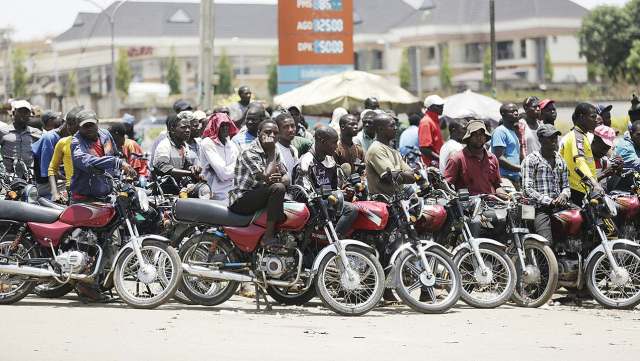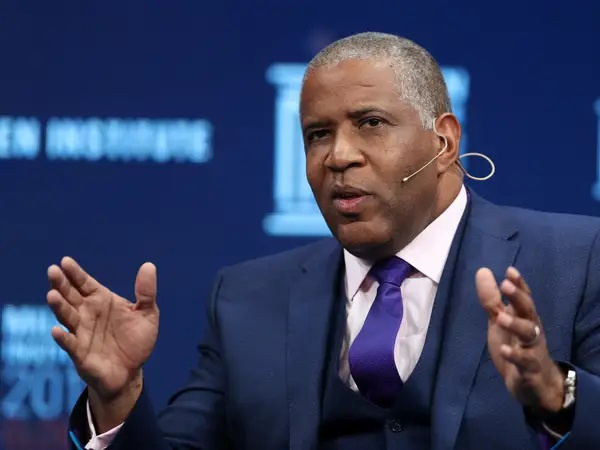Ghana Reduces age requirement for Okada Riders to 21 Ahead of Legalisation plans

As part of ongoing efforts to legalise commercial motorbike operations, commonly known as “okada,” in Ghana, the government has revised the minimum age requirement for riders. The age limit, which was initially set at 25, has now been reduced to 21 years, following widespread consultations and feedback from stakeholders.
Minister of Transport, Joseph Bukari Nikpe, made the announcement and disclosed that a formal memo has been prepared and submitted for Cabinet approval. The move aims to address concerns raised by the Association of Motor Riders and other key groups involved in the okada industry.
The previous age requirement was in line with existing laws governing commercial drivers, including bus and taxi operators, who must be at least 25 years old to qualify for a commercial driving licence. However, applying the same standard to okada riders was met with resistance, as many within the sector felt it would exclude a large portion of young riders from legal participation.
“We listened to the concerns of the Association of Motor Riders and other stakeholders, and we recognised the need for a more inclusive age policy,” the Minister said. “Lowering the age limit to 21 will ensure that more riders can access licensing and operate within the law.”
The proposed legislation to legalise okada has been under discussion for several years, with supporters arguing that it will help regulate the sector, improve road safety, and provide livelihood opportunities for many young people. Critics, however, have expressed concerns about the potential rise in traffic accidents and challenges with enforcement.
By adjusting the age requirement, the government hopes to strike a balance between opening up economic opportunities for younger riders and maintaining appropriate regulatory controls.
If passed by Cabinet and Parliament, the new legislation would officially recognise okada operations and put in place measures to license, monitor, and regulate riders and their activities. Training programmes, road safety education, and insurance requirements are expected to be part of the broader regulatory framework.
The decision marks a significant step forward in the formalisation of the okada sector, which continues to play a vital role in Ghana’s informal transport economy, especially in areas underserved by conventional public transportation.





